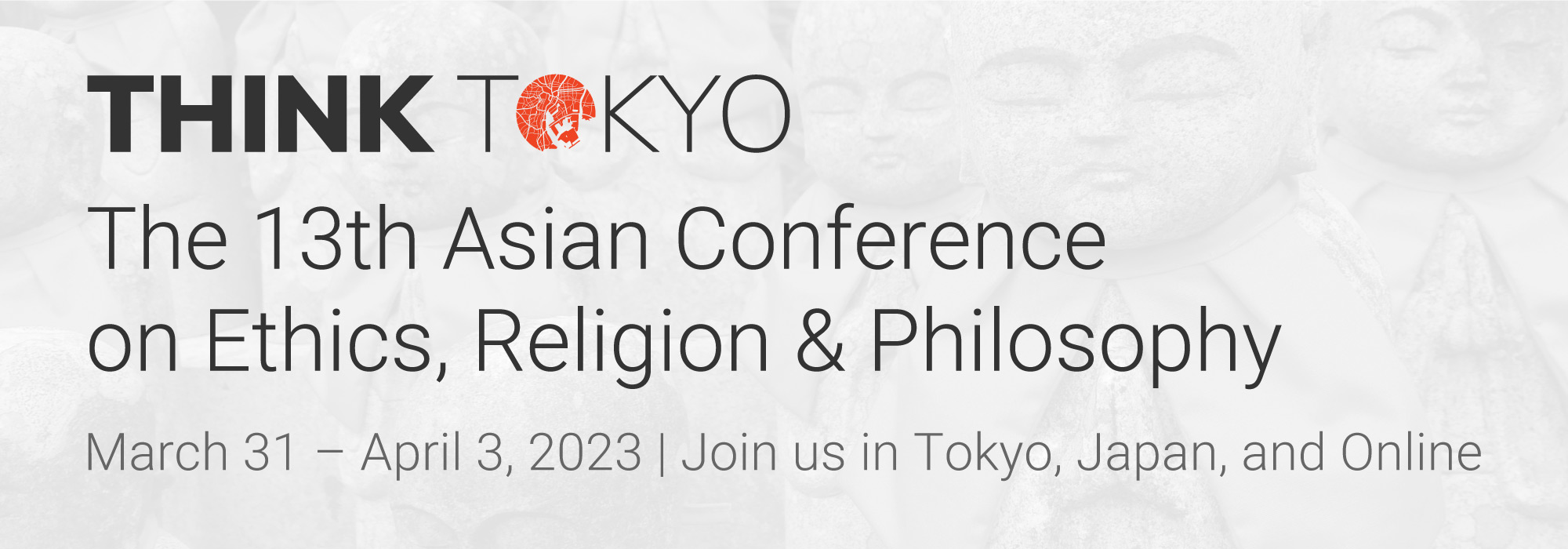Known for their analysis on compound identities, Black Feminists reveal how multiple layers of power act through discourses of gender, sexuality, race, etc. Their engagement with Buddhism, therefore, has the potential to move Buddhist feminism beyond issues of sex and gender. To this end, I will explore why Buddhism is attractive to some in the black community. I further suggest that Buddhism’s appeal to the black community can help to expose Buddhist communities’ allegiances with and point to a possible path of transforming Buddhism in resistance to dominant society. By surveying the landscape of black Buddhist practitioners, I hope to gain insight into the possibility of reconciling the Buddhist ideal of non-discrimination with the constitution of its Western membership (largely from white middle-class backgrounds). I look, in particular, to critiques made by bell hooks to examine possible ways for political change through Buddhism. Although bell hooks identifies as Buddhist, she believes that belonging to a Buddhist community does not necessarily guarantee a break with narratives of domination. She has publicly admonished the lack of diversity within Buddhist leadership and communities. Yet hooks believes that Buddhism can challenge the focus on material gain and help combat feelings of anger that arise from dealing with injustices. Of all the Western feminists who engage with Buddhism, she has arguably done the most to shine a light on feelings of anger and sought to transform anger into loving-kindness via Buddhist mindfulness.
Buddhism and Non-Discrimination: The Rise of Black Buddhist Feminism

